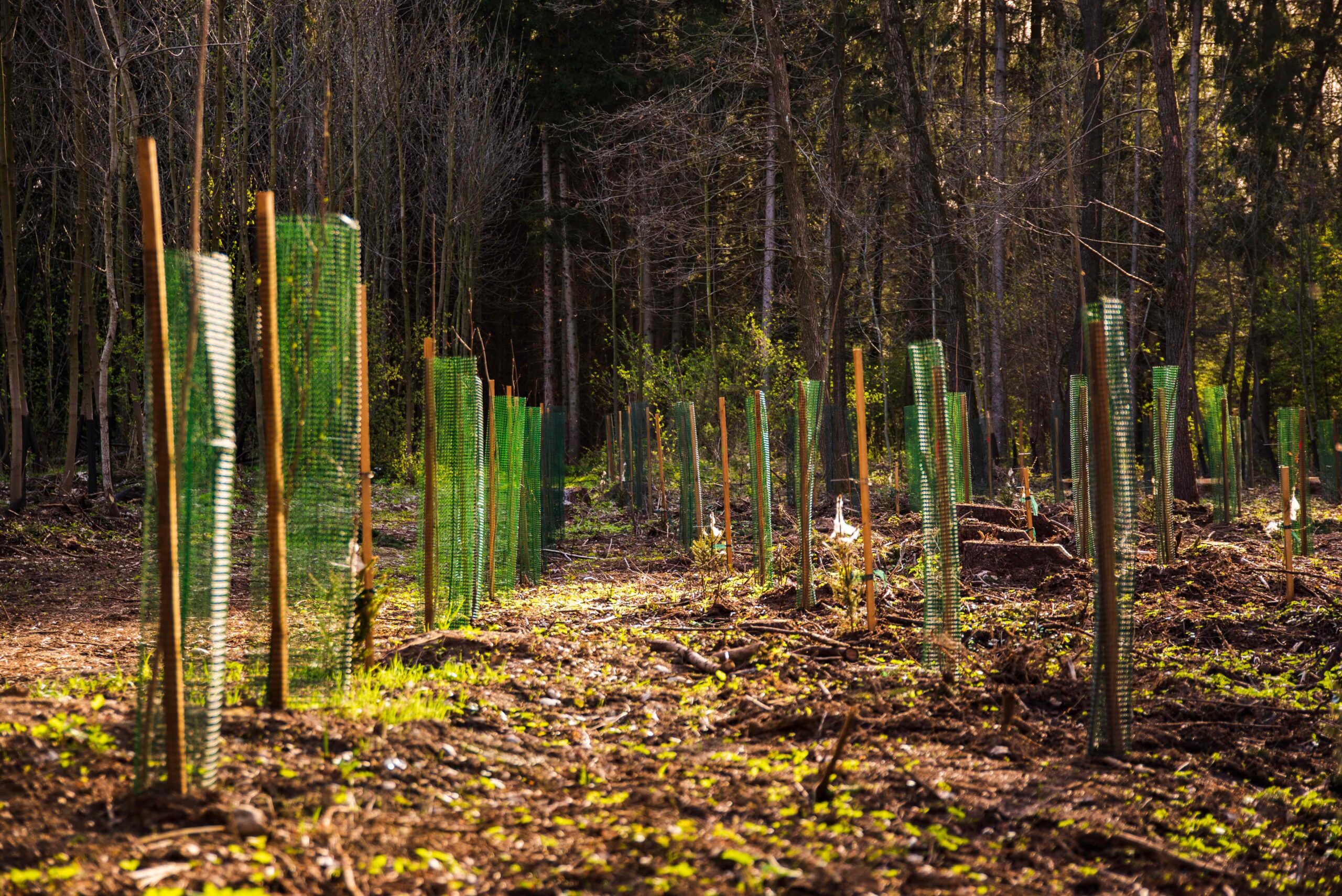Agro-research company Investancia, in partnership with tree-planting tech firm EcoMatcher has embarked on a novel reforestation project that will harness blockchain technology to trace 50 million Pongamia trees.
The trees will be planted in the Paraguayan Chaco – South America’s second largest forest that has experienced rapid and significant deforestation in recent years due to cattle grazing. The reforestation initiative will be carried out over the next 10 years, with each of the trees given a unique QR code to help register their exact planting date and location.
The Pongamia trees will also be instrumental in reducing the area’s carbon footprint, as beans extracted from their pods can be used to make crude oil for biofuels. In addition to tracking, EcoMatcher’s technology will allow Investania to collect data on the amount of oilseeds produced by each tree, and the amount of CO2 they sequester.
“The Paraguayan Chaco is one of the most rapidly deforested areas in the world. To combat this threat, Investancia is using cutting edge technology and resources,” says Investancia CEO and Founder, Marcel van Heesewijk. “We are thrilled to partner with EcoMatcher to strengthen our reforestation program and ensure this valuable ecosystem is preserved and protected.”
Under the scheme, 125,000 hectares of land are expected to be reforested, with 2,000 of this to be completed in 2021 alone.
EcoMatcher CEO and founder, Bas Fransen said: “The partnership with Investancia is our first licensing programme of its kind, mapping large-scale reforestation projects and has resulted in some world-first features, like linking trees’ QR codes to location data. Investancia is a fantastic partner to work with.”
Investancia boasts the world’s largest Pongamia tree production site. Chosen for their adaptive abilities, these trees are non-invasive and hardy – capable of flourishing even in drought conditions. Investanica is in the process of scaling up its production of the trees from 1 million to 5 million. According to their website, the company hopes to plant 50 million trees over the next eight years, naturally sequestering 1.2 million tons of CO2 each year and producing 480,000 tons of bio-protein per year in the process.






